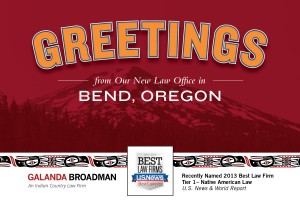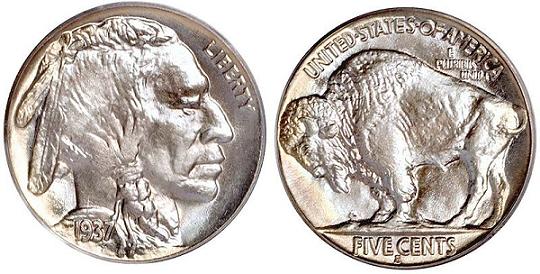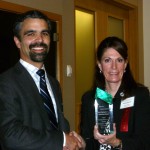Gabriel S. Galanda and Anthony S. Broadman are excited to announce that they have opened a new Galanda Broadman, PLLC, office in Bend, Oregon. Anthony, who is licensed to practice law in Oregon, will manage the firm's new satellite office. Galanda Broadman recently received a prestigious Tier 1 ranking in the 2013 Edition of U.S. News - Best Lawyers “Best Law Firms,” in the arena of Native American Law.

Galanda Broadman, PLLC, “An Indian Country Law Firm,” is dedicated to advancing tribal legal rights and Indian business interests. The firm, which is headquartered in Seattle, Washington, represents tribal governments, businesses and members in critical litigation, business and regulatory matters, especially in matters of Indian Treaty rights, tribal sovereignty and taxation.
Gabe is an enrolled member of the Round Valley Indian Tribes of California. He currently sits on the National Native American Bar Association (NNABA) Board of Directors, chairing the group’s “Include Indian Law on State Bar Exams” Initiative, and co-chairing its “Increase Natives and Tribal Court Judges in the Judiciary” Initiative. Gabe is a past President of the Northwest Indian Bar Association and past Chair of the Washington State Bar Association (WSBA) Indian Law Section. Gabe has been named to The Best Lawyers in America in the practice areas of both Gaming Law and Native American Law, from 2007 to 2013.
Anthony is the immediate past Chair of the WSBA Administrative Law Section, and author of “Administrative Law in Washington Indian Country.” He is a former Trustee of the WSBA Indian Law Section, and also serves as Editor-in-Chief of the Section’s Indian Law Newsletter. Anthony has been named a Rising Star by Washington Law & Politics-Super Lawyers magazine.
Ryan Dreveskracht is a firm associate. Prior to joining Galanda Broadman he was a law clerk to the Honorable Kathleen Kay, in the U.S. District Court for the Western District of Louisiana. Ryan has published ten journal and law review articles in 2011-12 alone, on issues like tribal renewable energy, and has served as the Managing Editor for the National Lawyer’s Guild Review since 2010.


 On the one side, at least according to some recent media depictions, it appears that tribal governments and their citizens are adamantly opposed to any energy development on their lands. All told, however, this couldn’t be further from the truth. Section A of this article will explain that tribes merely seek a seat at the table when decisions are made regarding developments that will adversely affect their lands or areas of cultural significance, and why this is important. Indeed, contrary to being opposed to alternative energy development, Tribes are very actively seeking to develop their lands, and to do so in a manner that is consistent with their cultures and traditions. But, large-scale alternative energy projects are virtually absent from Indian country. Thus, Section B of this article will discuss what is hindering these projects from coming to fruition. Finally, Section C of the article will discuss what Congress is – and is not – doing regarding the two sides of the coin.
On the one side, at least according to some recent media depictions, it appears that tribal governments and their citizens are adamantly opposed to any energy development on their lands. All told, however, this couldn’t be further from the truth. Section A of this article will explain that tribes merely seek a seat at the table when decisions are made regarding developments that will adversely affect their lands or areas of cultural significance, and why this is important. Indeed, contrary to being opposed to alternative energy development, Tribes are very actively seeking to develop their lands, and to do so in a manner that is consistent with their cultures and traditions. But, large-scale alternative energy projects are virtually absent from Indian country. Thus, Section B of this article will discuss what is hindering these projects from coming to fruition. Finally, Section C of the article will discuss what Congress is – and is not – doing regarding the two sides of the coin.





